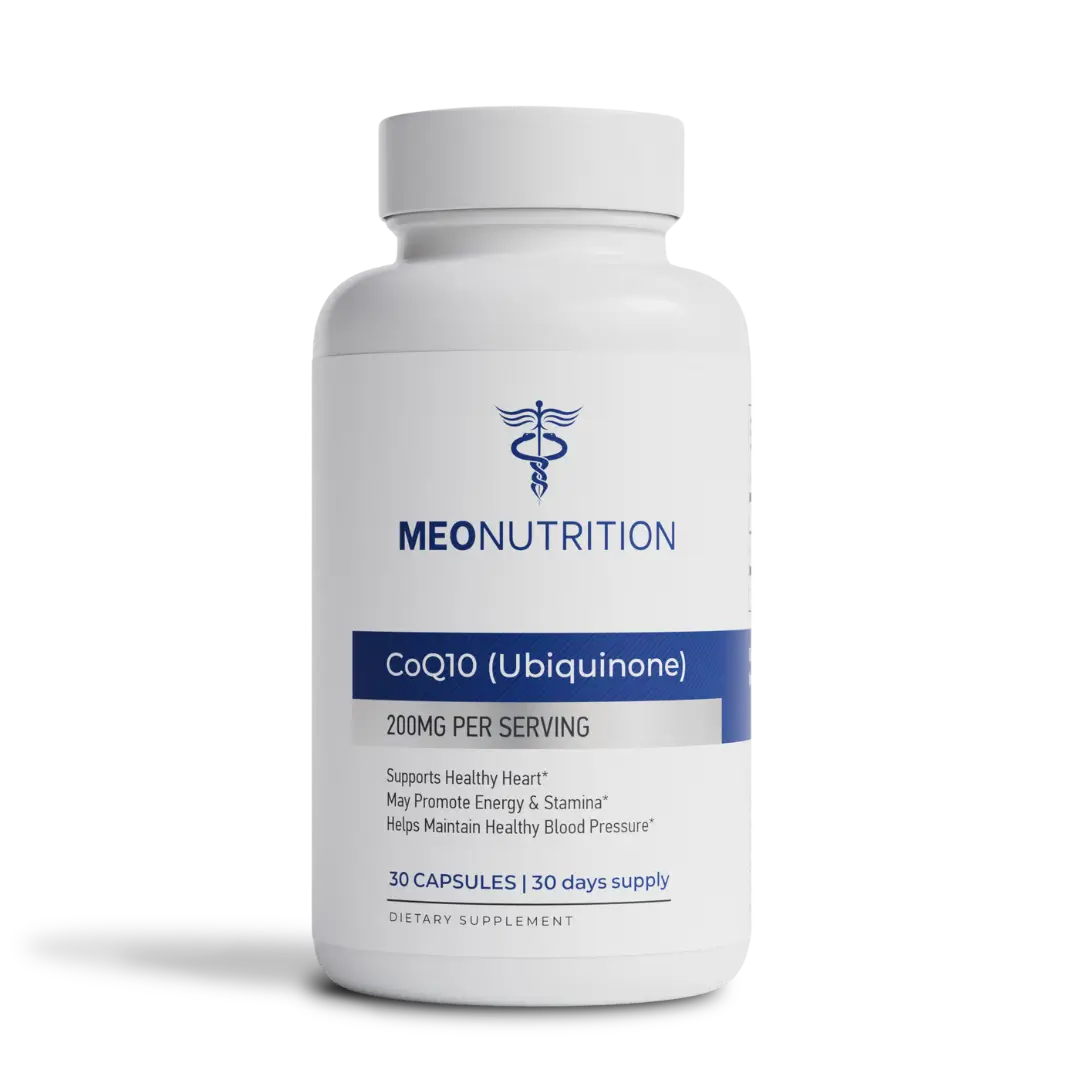When Should You Take Coq10 Morning Or Night

The question of when to take supplements often feels like navigating a minefield of conflicting advice. For Coenzyme Q10, or CoQ10, a vital compound involved in energy production within cells, the timing seems surprisingly crucial. Is it best absorbed in the morning to fuel your day, or at night to aid cellular repair during sleep? The answer is multifaceted and depends on several individual factors.
This article delves into the science behind CoQ10 absorption and utilization, exploring the arguments for both morning and evening administration. We'll examine the impact of food intake, individual health conditions, and the specific formulation of the supplement on its effectiveness. We'll provide evidence-based insights to help you determine the optimal time to take CoQ10 for your unique needs.
Understanding CoQ10 and Its Benefits
CoQ10 is a naturally occurring antioxidant found in every cell of the body. It plays a critical role in the mitochondria, the powerhouse of the cell, where it aids in the production of adenosine triphosphate (ATP), the body's primary energy source. Beyond energy production, CoQ10 protects cells from damage caused by free radicals.
Supplementing with CoQ10 has been linked to a range of health benefits. These include supporting cardiovascular health, improving cognitive function, and potentially mitigating the side effects of certain medications, particularly statins, which can deplete CoQ10 levels. It is also used for improving sperm quality and reducing migraine frequency.
The Argument for Morning CoQ10 Intake
One popular argument suggests taking CoQ10 in the morning because of its role in energy production. The rationale is that by providing cells with this energy boost at the start of the day, individuals might experience increased vitality and reduced fatigue. The logic seems simple: more energy in, more energy out, right when you need it.
Furthermore, some believe that taking CoQ10 alongside breakfast, especially a meal containing fats, can enhance its absorption. CoQ10 is a fat-soluble compound, meaning it dissolves and is best absorbed when consumed with dietary fats. A morning meal rich in healthy fats, like avocado or nuts, could, therefore, maximize CoQ10 uptake.
The Case for Evening CoQ10 Consumption
The alternative perspective proposes that taking CoQ10 at night aligns better with the body's natural repair processes. During sleep, the body focuses on cellular regeneration and repair. Providing CoQ10 during this period could support these processes and help combat oxidative stress that accumulates throughout the day.
Another reason to consider evening intake is the potential impact on sleep quality. Although CoQ10 is generally well-tolerated, some individuals report experiencing mild insomnia or digestive discomfort when taking it in the morning. Taking it before bed might minimize these side effects and allow for better sleep.
Absorption and Bioavailability: Key Considerations
Regardless of the time of day, the absorption and bioavailability of CoQ10 are crucial factors in determining its effectiveness. Standard CoQ10 (ubiquinone) is poorly absorbed, with bioavailability often ranging from just 1% to 10%. This is due to its large molecular size and insolubility in water.
However, different formulations of CoQ10 can significantly improve absorption. Ubiquinol, the reduced form of CoQ10, is generally considered more bioavailable than ubiquinone. Additionally, some supplements are formulated with lipid carriers or nanoparticles to enhance absorption. The formulation you choose may influence the best time to take it.
The Role of Food
As mentioned earlier, food intake significantly impacts CoQ10 absorption. Studies consistently demonstrate that CoQ10 absorption is significantly improved when taken with a meal, particularly one containing fats. This is because dietary fats stimulate the release of bile, which aids in the emulsification and absorption of fat-soluble nutrients like CoQ10.
Individual Health Conditions
Certain health conditions can influence CoQ10 levels and the optimal timing of supplementation. For example, individuals taking statin medications often experience reduced CoQ10 levels, and supplementation may be beneficial. In these cases, consistency in timing, whether morning or evening, is crucial.
Those with cardiovascular conditions may also benefit from consistent CoQ10 supplementation, as it supports heart function. Consulting with a healthcare professional is essential to determine the appropriate dosage and timing based on individual health needs.
What the Research Says
While there isn't a definitive consensus in the scientific literature regarding the ideal time to take CoQ10, some studies offer insights. Some preliminary research suggests that ubiquinol may be more effectively absorbed when taken at night. However, more extensive and conclusive research is needed to confirm these findings.
Most studies emphasize the importance of taking CoQ10 with food to enhance absorption. The timing, morning or evening, appears less critical than ensuring it's taken alongside a meal containing fats. Consistent timing, rather than specific timing, may be more important for achieving steady CoQ10 levels.
Recommendations and Conclusion
Ultimately, the best time to take CoQ10 is highly individual. Consider the following factors: your daily routine, meal timing, the specific formulation of your CoQ10 supplement, and any underlying health conditions. If you experience digestive discomfort or insomnia with morning intake, try taking it at night.
Experiment to find what works best for you. Start by taking CoQ10 consistently at the same time each day for a few weeks, whether morning or evening, and monitor how you feel. Pay attention to your energy levels, sleep quality, and any potential side effects. Adjust the timing as needed.
Consult with your healthcare provider or a registered dietitian. They can provide personalized recommendations based on your individual health profile and medication list. They can also help you choose the most appropriate CoQ10 formulation and dosage. The key to maximizing the benefits of CoQ10 lies in consistent supplementation, paired with a healthy diet, and tailored to your unique needs.
















